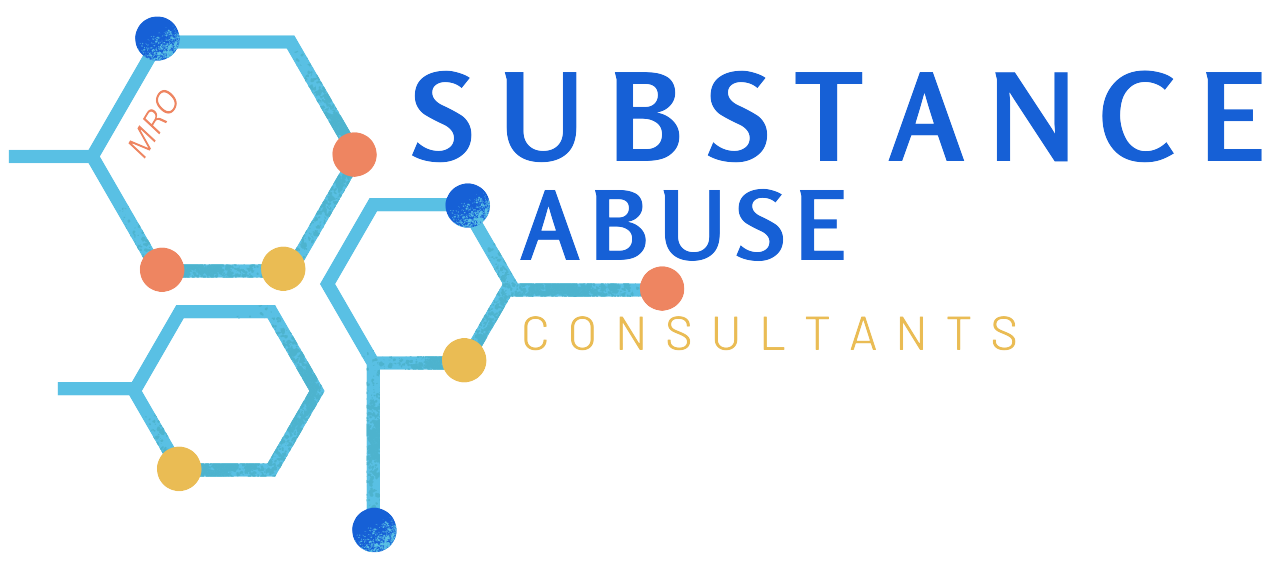The Importance of a Drug and Alcohol-Free Transportation Industry
Understanding FMCSA's Role in Drug & Alcohol Testing for CDL Drivers
The Federal Motor Carrier Safety Administration (FMCSA) plays a crucial role in ensuring the safety of our nation’s roadways. Established on January 1, 2000, as part of the U.S. Department of Transportation (DOT), the FMCSA is committed to reducing crashes, injuries, and fatalities involving commercial motor vehicles (CMVs). This commitment extends to implementing stringent drug and alcohol testing protocols for commercial drivers, including those with a Commercial Driver's License (CDL).


The Importance of a Drug and Alcohol-Free Transportation Industry
FMCSA and 49 CFR Part 40
Central to the FMCSA’s drug and alcohol testing efforts is 49 CFR Part 40, a DOT-wide regulation that prescribes the procedures for testing and returning employees to safety-sensitive duties after a violation. Part 40 covers all modes of transportation under the DOT’s jurisdiction, including aviation, railroads, and trucking. For CDL drivers operating under FMCSA rules, adherence to Part 40 procedures is non-negotiable.
- Testing Procedures: Part 40 outlines how specimens should be collected and tested, ensuring consistency and reliability across all DOT-regulated industries.
- Return-to-Duty Process: It details the steps an employee must take to return to safety-sensitive functions after a violation, including evaluation by a Substance Abuse Professional (SAP).
Responsibilities of an MRO
By leveraging MRO services, companies can maintain compliance with FMCSA regulations and contribute to safer roadways.
Review and Verification: MROs are responsible for reviewing lab results and verifying their accuracy. They ensure that the results are scientifically valid and have not been tampered with. Interviewing Employees: If a test result is positive, the MRO conducts an interview with the employee to determine if there is a legitimate medical explanation for the result.
Reporting: MROs report verified test results to employers, ensuring that only those who are fit to perform safety-sensitive duties are allowed to do so.
Supervisor Training Requirements
Incorporating these best practices and staying informed about regulatory updates can help your company remain compliant and foster a safer transportation environment for everyone.
For companies operating vehicles that require a CDL, supervisor training is not just recommended but required. If your company has more than one employee, DOT Supervisor Training is mandatory. This training equips supervisors with the knowledge to identify signs of drug and alcohol misuse and understand the necessary steps to take in the event of a violation. The FMCSA's rigorous drug and alcohol testing regulations underscore the importance of safety in the commercial transportation industry. By adhering to 49 CFR Part 40 and utilizing the expertise of Medical Review Officers, companies can ensure their drivers are fit for duty, thereby enhancing the safety of our roads. For CDL drivers and their employers, understanding and complying with these regulations is crucial in maintaining a drug and alcohol-free workplace, ultimately contributing to the FMCSA's mission of saving lives and reducing crashes.

